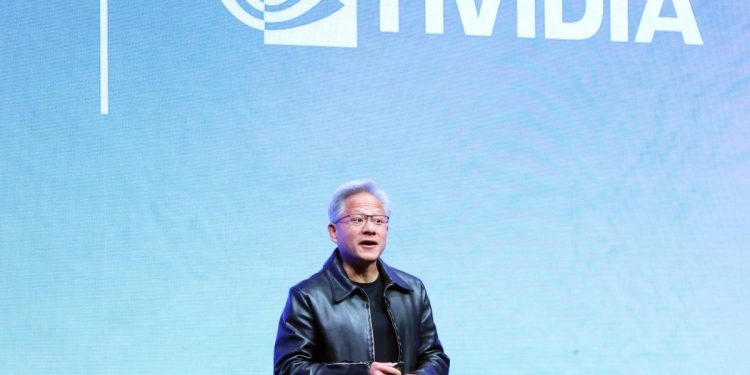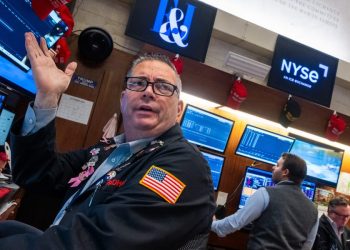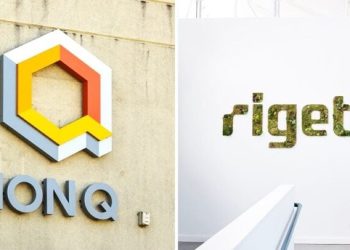Nvidia CEO Jensen Huang has called for nuance when it comes to regulating China’s access to U.S. technologies critical to the development of artificial intelligence.
In an interview with Citadel Securities on Tuesday, he warned that what harms China can often harm the United States, and sometimes even worse.
“Before we jump into policies that harm others, take a step back and maybe think about what policies are helpful to America,” Huang said.
His warnings come as Nvidia processors have become flagship products in the AI race as well as a political bargaining chip in the trade war between the United States and China.
Huang said he would like the world to run on American know-how, but noted that about half of the world’s AI researchers are in China.
“I think it’s a mistake not to let these researchers build AI on American technology,” he added.
Trying to balance its goal of maintaining U.S. technological supremacy and access to China will require nuance rather than an all-or-nothing approach, Huang said. But this is not the case currently, since Nvidia is “100% out of China”.
“We went from 95 percent market share to 0 percent, and so I can’t imagine that any policymaker thinks that that’s a good idea, that whatever policy we’ve implemented has caused America to lose one of the biggest markets in the world,” he said.
He did not cite names or administrations. But the Biden administration imposed rules in 2022 to restrict the export of Nvidia’s most advanced AI chips to China, leading the company to design a processor that meets the new limits.
In April, Nvidia said the Trump administration had blocked the sale of some of its AI chips to China without licenses and that it would require them for future sales. Then, in August, the administration granted export licenses for some Nvidia and AMD chips to China in exchange for 15% of revenue.
But Chinese regulators have reportedly asked domestic technology companies not to buy Nvidia chips designed to meet U.S. export requirements.
Meanwhile, Beijing has imposed strict limits on exports of rare earths, a key input for a wide range of advanced technologies, mimicking US rules for exporting AI chips.
This prompted President Donald Trump to retaliate by imposing additional 100% tariffs on Chinese goods. Officials from both sides are expected to resume negotiations this week, ahead of a planned meeting with Trump and his Chinese counterpart later this month.
For now, Huang told Citadel that all of Nvidia’s financial forecasts assume China will stay away.
“If something happens in China, which I hope it does, it will be a bonus,” he said. “But it’s a large market. China is the second largest IT market in the world. It’s a vibrant ecosystem. I think it’s a mistake for the United States not to participate. So I hope we continue to explain, inform and hope for policy change.”









